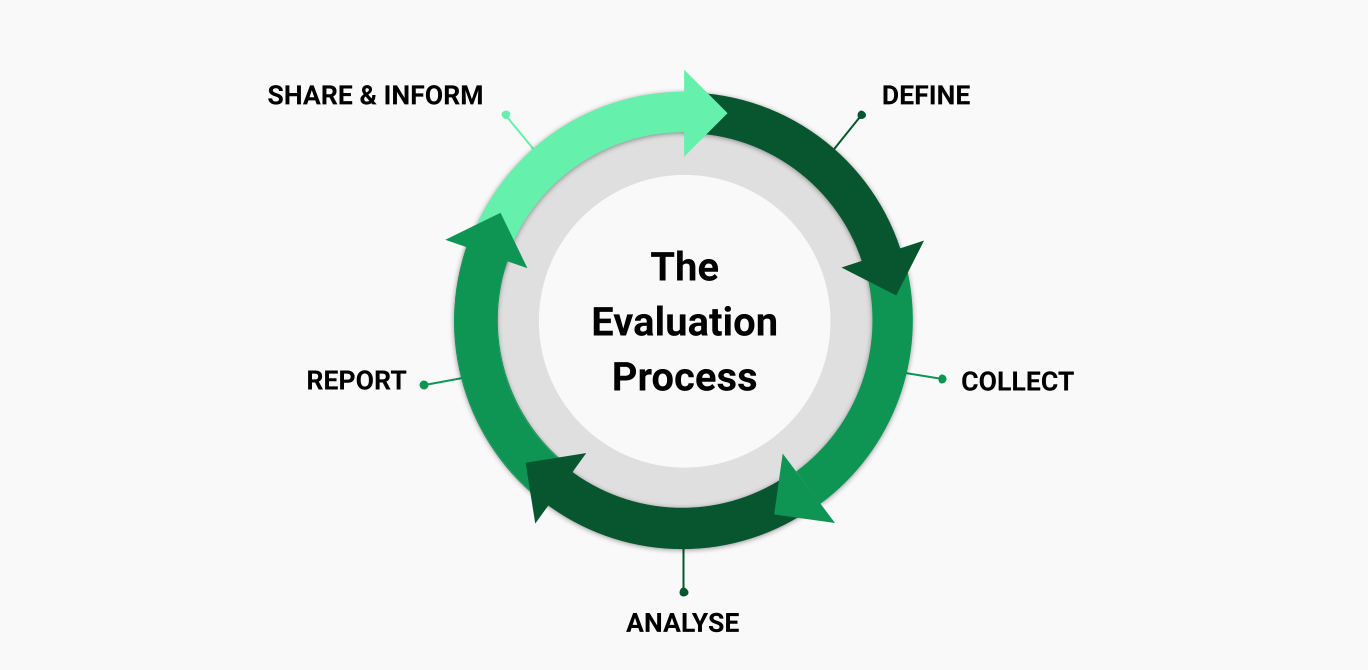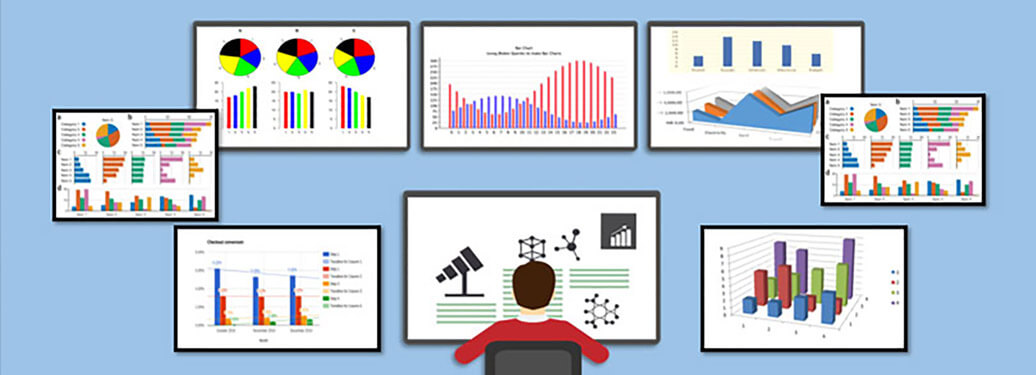Answer1: Content analysis is a research method for systematic reading of quantitative and qualitative data. This is accomplished by performing some detailed decomposition of the material (segmenting it), analyzing segments, producing hypothesis on the meaning and role of the content as a whole, etc..
Key Steps in Content Analysis
Define the Research Question — The first step is to clearly define what research question the analysis is trying to answer?
Step 1: Select Sample — Take the content that will be getting analyzed
Coding Scheme Development: Establish a scheme to categorize and code the material – this can include assessing the content by themes or words, etc.
To analyze the coded data to know patterns, trends or themes
Evaluate the Results: Identify implications from the analysis findings and connect them to your research question.
Types of Content Analysis
Quantitative Content Analysis: Counts and categorizes the presence of certain things in the content.
Qualitative Content Analysis: Involves a much more complicated analysis of the content than descriptive2.
Critical Discourse Analysis: This looks at how power relations and social structures are reflected in the text.
Uses of the Content Analysis
Content analysis is commonly applied in many areas, for example:
Media Research — A newspaper, ad or television series analyzing essays
Social Sciences: Analysing historical text, political speeches or social media text.
Marketing Research: Analysis of branding messages, customer sentiment or social media.
Education – Research Readings for analysis of textbooks, lesson plans or student work.
Challenges and Limitations
Your writing can become subjected to the biases and perspective of any other researcher in terms of what you are writing.
It is not easy to make the process of coding itself reliable though.
Validity: The analysis needs to be valid, that is, it should represent the meaning of the data.



